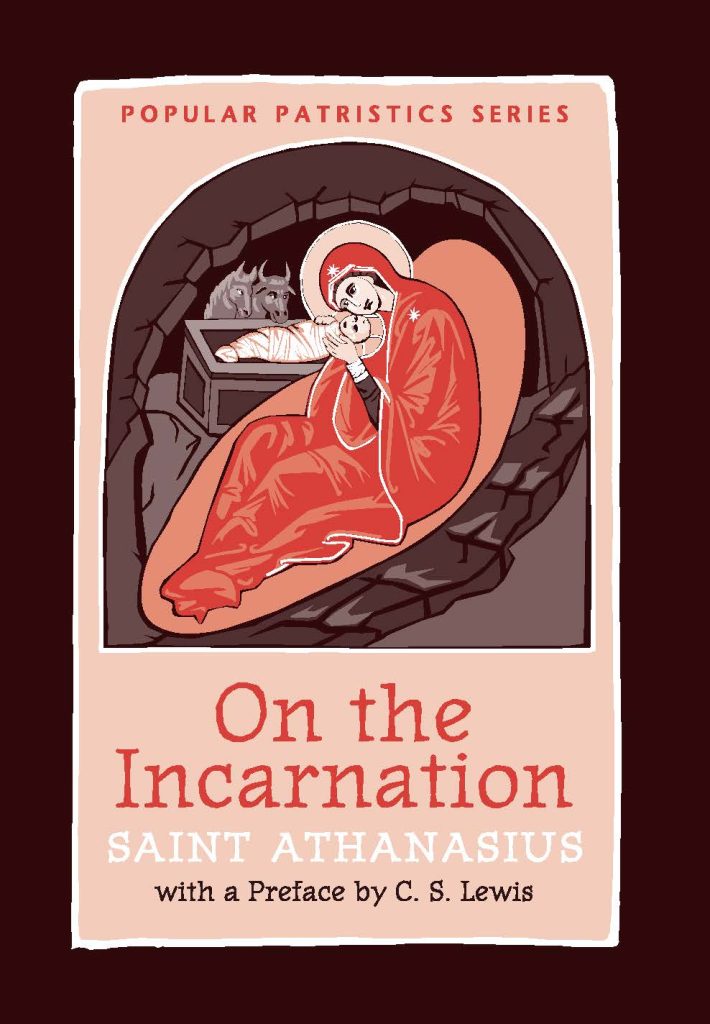Please remember that this evening we are gathering to discuss chapter 2 of On the Incarnation (§§6-10) – “The Divine Dilemma and Its Solution in the Incarnation – Part One.”
As we read through this treatise together, remember that ultimately this is a book on Christ not on a doctrine. In discussing any aspect of theology, I have a great tendency to make “God” into a detached academic subject like the laws of physics. But, Doctrine, like the Law, cannot give Life. Gal 3:21. For example, the Incarnation can be simply reduced to one part of a cosmic mechanical system through which salvation is achieved. Your car operates when air is mixed with gasoline in a compression chamber in the presence of an ignition source resulting in an explosion that causes the car to move. Likewise, we are saved when the Divine is mixed with the Human on the Cross resulting in the Resurrection which causes our salvation. It can be reduced to an impersonal process.
Throughout this chapter, however, Athanasius continuously goes back to the cause of the Incarnation, which is that God is Good (s.6) and is moved with compassion towards us, pitying our race for our limitations, and condescending to our corruption (s.8). This is the same compassion and mercy that we see the Incarnate Word repeatedly demonstrate throughout his earthly ministry, for example, by giving sight to those whom the crowd wants to silence (Matt 20:34) and in raising the dead (Luke 7:13), and within the parables of the Prodigal Son (Luke 15:20) and the Good Samaritan (Luke 10:37). We do not worship an impersonal force but him who came to us in love, compassion, and humility.
Dinner is 6. The menu this week is chili. Please bring a Friend or a sister. And if you haven’t read, please come anyway. If you do not have a book yet, you can read the chapter online via the above link, and we will have additional books for you tonight.
Then it happened that as Jesus was reclining at the table in the house, behold, many tax collectors and sinners came and were dining with Jesus and His disciples. When the Pharisees saw this, they said to His disciples, “Why is your Teacher eating with the tax collectors and sinners?” But when Jesus heard this, He said, “It is not those who are healthy who need a physician, but those who are sick. But go and learn what this means: ‘I desire compassion, and not sacrifice,’ for I did not come to call the righteous, but sinners.
Matthew 9:10-13.

